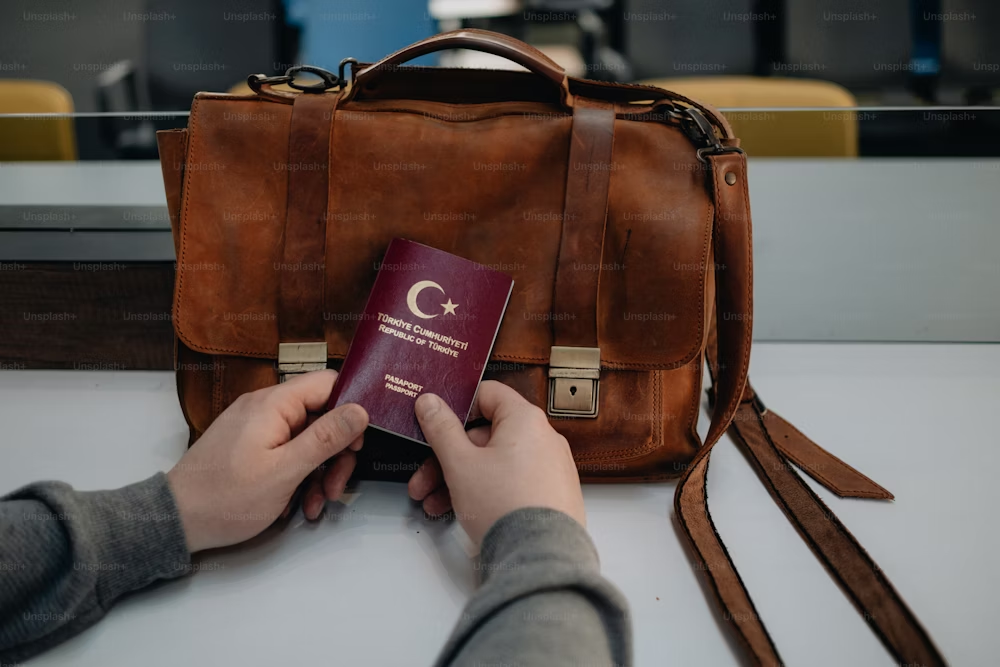Navigating the Path to Permanent Residency: A Comprehensive Guide to Your Citizenship Journey

Embarking on the journey towards permanent residency and ultimately, citizenship, is an exciting and life-changing decision. It opens up a world of opportunities and provides a sense of security and belonging. In this comprehensive guide, we will explore the different pathways to permanent residency, the eligibility requirements, the benefits of obtaining permanent residency, and the application process. We will also address common challenges that individuals may face along the way and provide strategies to overcome them.
Understanding the Different Pathways to Permanent Residency
When it comes to permanent residency, there are various pathways that individuals can explore. One common option is through employment, where individuals with valuable skills and expertise can secure job offers in their desired country. Another pathway is through family sponsorship, where close relatives who are already citizens or permanent residents can sponsor their family members. Additionally, some countries offer permanent residency through investment programs, allowing individuals to contribute to the local economy through financial investments.
Eligibility Requirements for Permanent Residency
To be eligible for permanent residency, individuals must meet certain criteria set by the respective country. These requirements may include factors such as age, education, language proficiency, work experience, and good character. It is important to thoroughly research and understand the specific eligibility criteria for the country you wish to obtain permanent residency in. Consulting with an immigration lawyer or specialist can greatly assist in navigating the complex requirements and ensuring that you meet all the necessary criteria.
The Benefits of Permanent Residency
Obtaining permanent residency comes with a multitude of benefits that can significantly enhance your quality of life. One of the primary advantages is the right to live and work in the country indefinitely. This provides individuals with stability and the freedom to pursue their professional goals without worrying about visa restrictions. Permanent residents also have access to social benefits, such as healthcare and education, and may have the opportunity to sponsor their family members for permanent residency as well. Additionally, permanent residency can serve as a pathway to citizenship, granting individuals the right to participate fully in the democratic processes of their adopted country.
The Application Process for Permanent Residency
The application process for permanent residency can be complex and time-consuming, but with proper preparation and guidance, it can be navigated successfully. It typically involves submitting an application form, supporting documents, and paying the required fees. The application will then be reviewed by immigration authorities who will assess your eligibility and conduct background checks. It is crucial to ensure that all documents are accurate, complete, and submitted within the specified timeframe. Seeking professional assistance can greatly streamline the application process and increase your chances of success.
Common Challenges and How to Overcome Them
While pursuing permanent residency, individuals may encounter various challenges along the way. One common hurdle is the language barrier, especially if the country you are applying to has a different native language. In such cases, it is essential to invest time and effort into language learning to improve your communication skills. Another challenge is the lengthy processing times, which can lead to frustration and uncertainty. Staying patient and maintaining regular communication with immigration authorities can help alleviate some of the stress. Additionally, it is important to keep up-to-date with any changes in immigration policies and adapt your strategy accordingly.
Navigating the Citizenship Process
Once you have obtained permanent residency, the next step on your citizenship journey is to become a naturalized citizen. The citizenship process involves demonstrating your commitment to the country, its values, and its laws. This may include fulfilling residency requirements, demonstrating proficiency in the official language, and passing a citizenship test. It is essential to familiarize yourself with the specific requirements and prepare accordingly.
Citizenship Test and Interview Preparation
As part of the citizenship process, most countries require applicants to pass a citizenship test and attend an interview. These assessments aim to assess your knowledge of the country’s history, culture, and political system. To prepare for the test, study the official study guide provided by the immigration authorities and take advantage of online resources and practice tests. Additionally, consider seeking guidance from immigration professionals who can provide valuable insights and advice on the interview process.
Dual Citizenship and Its Implications
Dual citizenship refers to holding citizenship in two countries simultaneously. It offers a range of advantages, such as the ability to freely travel and work in both countries, access to social benefits in both countries, and the opportunity to maintain strong ties to your country of origin. However, it is essential to understand the implications and potential restrictions associated with dual citizenship. Some countries may require you to renounce your original citizenship, while others may have limitations on political rights for dual citizens.
Conclusion
Embarking on the path to permanent residency and citizenship is a significant and life-changing decision. By understanding the different pathways, meeting the eligibility requirements, and navigating the application process, you can pave the way towards a secure and prosperous future. While challenges may arise, with determination and proper guidance, you can overcome them and achieve your goal of becoming a citizen of your chosen country. Keep in mind that seeking professional assistance and staying informed about immigration policies are essential steps in ensuring a successful citizenship journey.



